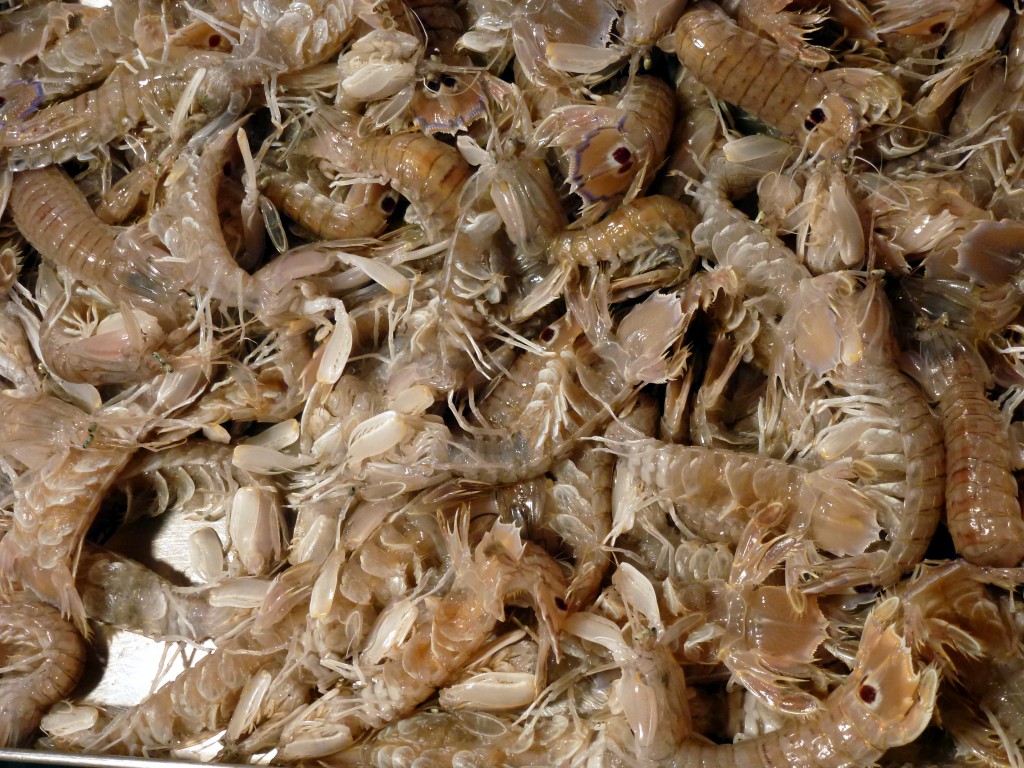Trimethylaminuria or ‘fish odour syndrome’ – find out more here
Trimethylaminuria is an uncommon genetic disorder that causes a strong body odour usually described as like rotting fish, faeces or garbage.
The odour is created when the body isn’t able to process trimethylamine. This is a smelly chemical that’s produced in the gut, particularly when certain choline-rich foods are digested.
What are the signs and symptoms?
If you have trimethylaminuria, the chemical trimethylamine builds up in your body and you’ll give off a strong odour in your sweat, urine, saliva and vaginal fluids. There are usually no other symptoms.
Some people have a strong odour all the time but, in most cases, it varies in intensity over time.
The smell usually first becomes apparent in childhood when children are weaned. This is because certain foods are responsible for the odour (see below). However, it sometimes starts in adulthood.
Some children with trimethylaminuria may only have a temporary form of the disorder that suddenly clears after months or years.
What is the cause?
The bacteria in our bowel help us to digest foods such as eggs, beans and seafood. In the process, they produce a strong-smelling chemical called trimethylamine.
Normally, an enzyme (protein) called flavin-containing monooxygenase 3 (FMO3) is produced by the liver to turn trimethylamine into the odourless molecule trimethylamine N-oxide. Most people have an FMO3 gene, which provides instructions for making this enzyme.
Faulty gene
In most people with trimethylaminuria, the FMO3 enzyme is missing or their FMO3 gene doesn’t work as well as other people’s. This allows trimethylamine to build up in the body.
Usually, those with trimethylaminuria have inherited the faulty FMO3 gene from both their parents. In other words, each parent will carry one copy of the faulty gene and be a “carrier” of the condition.
Carrier parents may not have symptoms themselves, or may only have mild or temporary episodes of body odour.
It’s estimated that 1% of the UK population are carriers of the faulty gene that causes trimethylaminuria.
Other causes
Not everyone with trimethylaminuria has the faulty FMO3 gene. Some cases may be caused by an excess of certain proteins in the diet, or an abnormal increase in the gut bacteria that produce trimethylamine.
A few cases of trimethylaminuria have been linked with liver or kidney disease, where the FMO3 enzyme is underactive.
Women are more likely than men to have the condition – possibly because female sex hormones such as progesterone and oestrogen aggravate the symptoms. Some cases appear to be worse around puberty and, in women, at the following times:
- just before or after periods
- after taking the contraceptive pill
- around the menopause
Temporary symptoms of this condition have also been identified in a small number of premature infants.
Stress and diet may also play a role in triggering the odour.
How is trimethylaminuria diagnosed?
Trimethylaminuria is diagnosed with a urine test that measures the ratio of trimethylamine (the fishy-smelling chemical) to trimethylamine N-oxide (the odourless version).
If you have trimethylaminuria, you’ll have higher-than-normal levels of trimethylamine in your urine.
The urine test is carried out the day after a ‘choline load’. This involves eating a suggested meal including foods high in choline, such as:
- salt-water fish
- eggs
- baked beans or soya beans
- liver
Gene testing can also be carried out, to look for any genetic changes in the FMO3 gene. Read more about genetic testing.
How is trimethylaminuria treated?
There’s currently no cure or approved drug to treat trimethylaminuria, but symptoms can be improved by making certain lifestyle changes and, if necessary, taking the medication outlined below.
Diet
You can reduce the odour by avoiding foods containing the chemicals trimethylamine, choline and trimethylamine N-oxide. This means avoiding:
- milk from wheat-fed cows
- eggs
- liver
- kidney
- peas
- beans
- peanuts
- soy products
- Brussels sprouts
- broccoli
- cabbage
- cauliflower
- seafood (fish and crustaceans), although freshwater fish can be eaten
- lecithin and lecithin-containing fish oil supplements
However, if you’re pregnant or planning a pregnancy, contact your dietitian or GP before restricting your diet.
Medication
Taking low doses of antibiotics can reduce the amount of bacteria in your gut and suppress the production of trimethylamine. However, to avoid antibiotic resistance, these should only be used now and again, or alternated every two weeks.
Laxatives can speed up the passage of food through your bowel so less trimethylamine is produced in your gut.
You may also be able to decrease the concentration of trimethylamine in your urine by taking supplements such as:
- 750 milligrams (mg) of charcoal twice daily for 10 days
- 60mg copper chlorophyllin three times a day for three weeks
- riboflavin (vitamin B2) supplements to enhance any FMO3 enzyme activity
Always seek the advice of your doctor before trying any of the above medications and supplements.
Other lifestyle measures
It’s a good idea to avoid anything that causes you to sweat excessively, such as intense exercise and stress. To help, try easy exercises and learn how to cope with stress.
Use soap and shampoos with a pH between 5.5 and 6.5. These help to remove traces of trimethylamine from your skin and hair.
Counselling
Trimethylaminuria can be very upsetting, potentially affecting your personal life and career. Depression and social isolation are common.
Counselling may help you cope with any depression and other psychological symptoms. For more information, visit our pages on how to get help for stress, anxiety and depression.
Genetic counselling may help you understand how you developed the condition and the risks of passing it on to any children you have.
